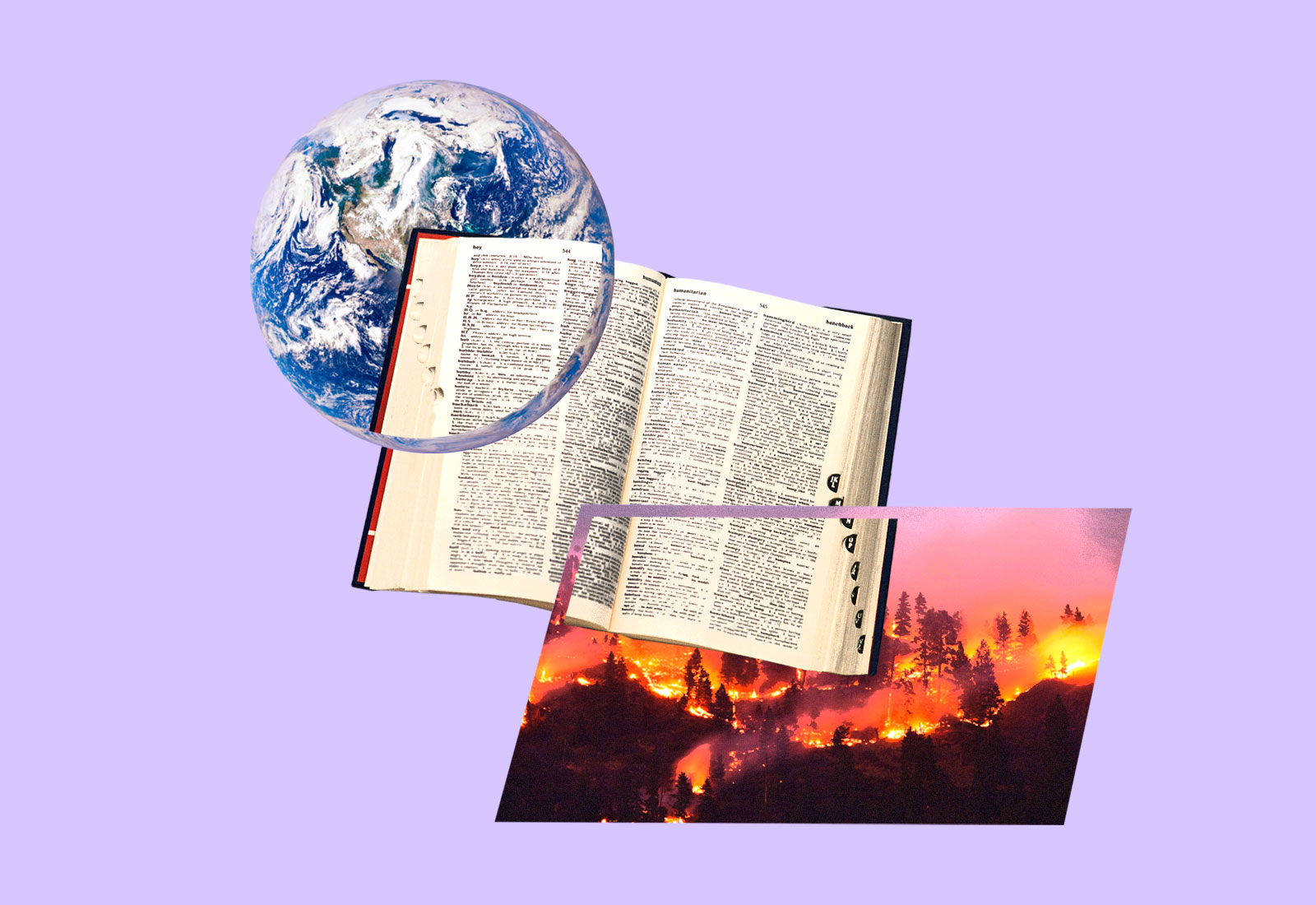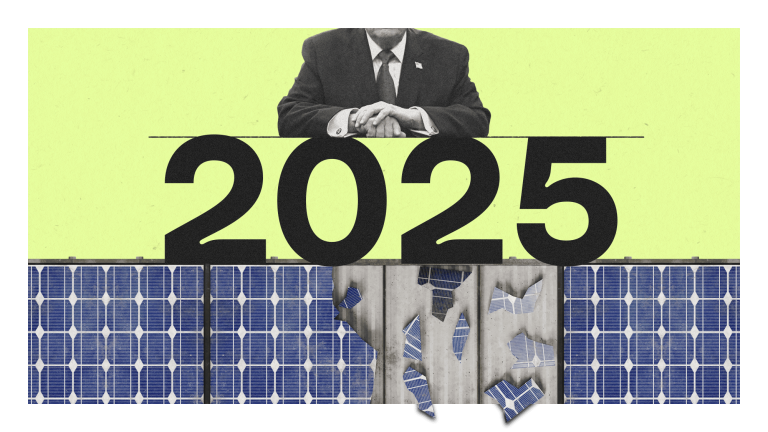As formerly green forests turn into charred remains and glaciers melt away to reveal bare mountainsides, the effects of climate change on the landscape are hard to miss. But there are less obvious results, too, as our conversations adapt to a rapidly changing climate, ushering in new words.
In a special update this month, the Oxford English Dictionary reviewed the scope of this “rapidly changing area of vocabulary” encompassing words and phrases like eco-anxiety, net-zero, and climate strikes. The dictionary’s editors updated old entries and added new ones ahead of the U.N. climate summit in Glasgow, Scotland next week, where world leaders will meet to hash out their climate pledges. Among the new entrants: global heating, food insecurity, and climate crisis.
The update reflects the urgency and the often complicated emotions that people feel when confronted by rising seas, worsening floods, and hotter temperatures. The editors picked eco-anxiety — “apprehension about current and future harm to the environment” — to make its dictionary debut, a signal of climate change’s psychological toll. According to Google Trends, search interest for climate anxiety has gone up 565 percent over the past year.
Even the name for climate change itself has undergone some adjustment as people have begun to use more intense language to describe what they see happening. The phrase climate crisis, which appeared in the dictionary for the first time this month, became 20 times more popular from 2018 to 2020, and climate emergency increased 76 times, the OED found. The phrase greenhouse effect, popular back in the ’90s, has dropped by the wayside; the once-common global warming has also gradually fallen out of favor.
Language nerds love the Oxford English Dictionary because it attempts to trace words back to their origins and documents how their meanings have changed over time. Today, the phrase climate refugee refers to someone who has been forced to relocate in response to rising seas, wildfires, drought, or other environmental disasters. But the OED places climate refugee’s entrance into the lexicon back in 1889, when the phrase was a disparaging name for someone who moved somewhere for a more mild or pleasant climate. (“He is a climate refugee from the frigid east, and is looking for a home under genial skies of Southern California,” read an Indiana newspaper article in 1911.)
While the dictionary update includes some downers — including mass extinction — it also reflects a growth spurt in solutions. Words related to electric vehicles are gaining ground as drivers talk about smart charging their vehicles to optimize their battery life and report range anxiety that the battery will run out before they finish their journey.
The phrases renewable energy and fossil fuels are both increasing in use, according to the OED. However, the words used alongside fossil fuels are becoming more negative in tone (divestment, phasing out, and transition), reflecting the need to cut greenhouse gas emissions.
In what might cause a chemistry class flashback for some, the OED decided that CO2 — aka carbon dioxide, the main greenhouse gas heating up the planet — merited its own entry, since people have started to throw it around in the same casual way they talk about H2O.




